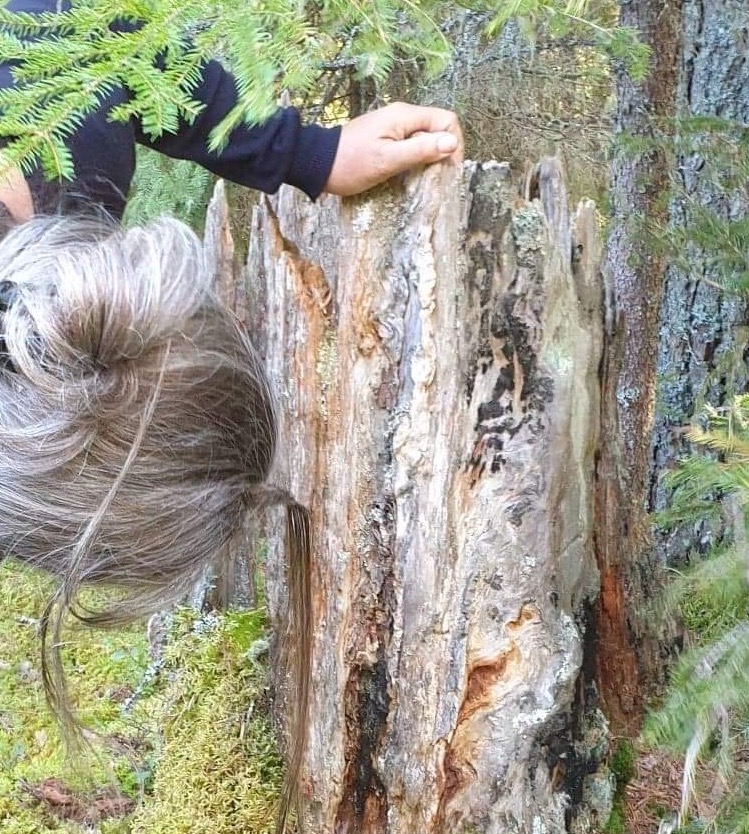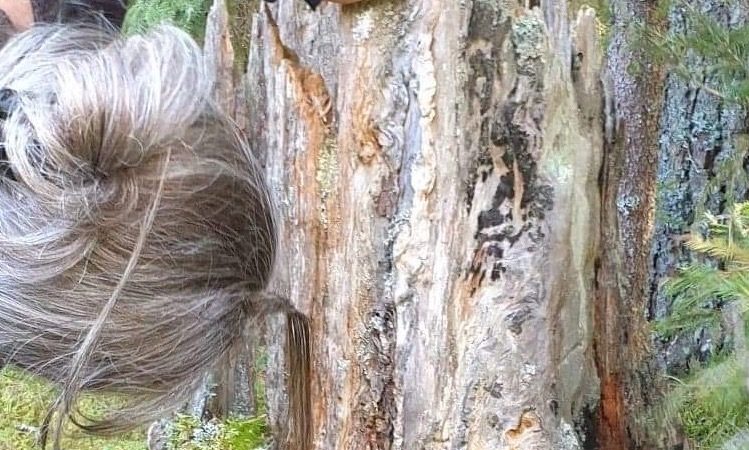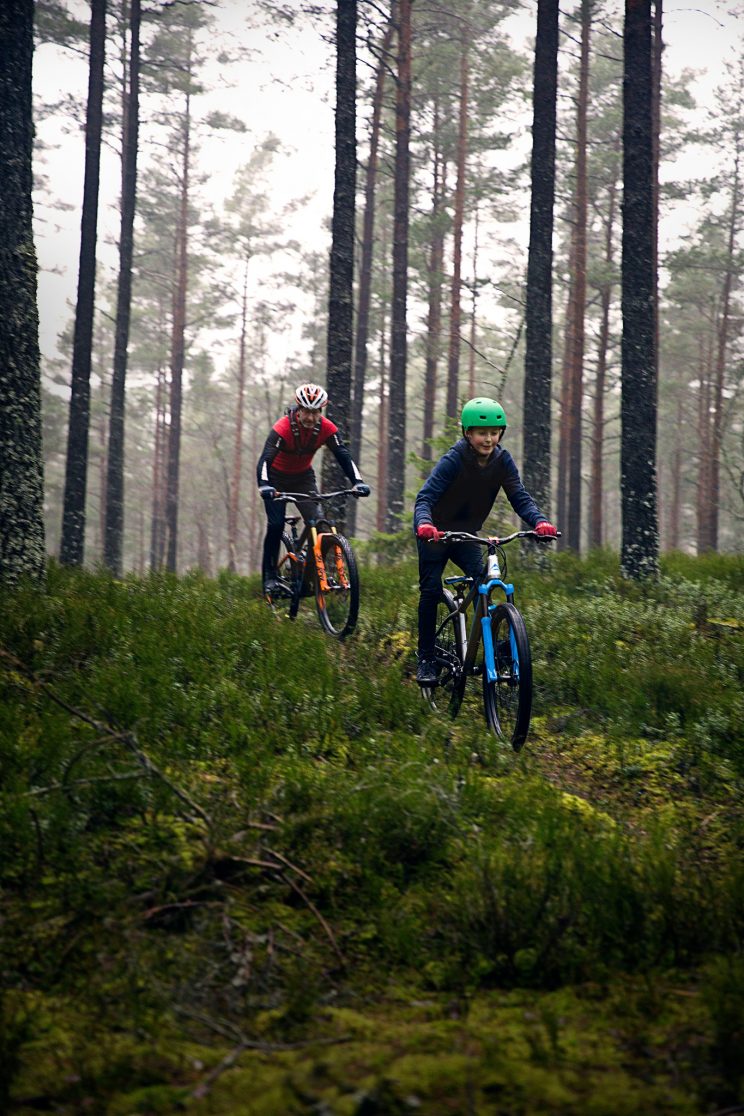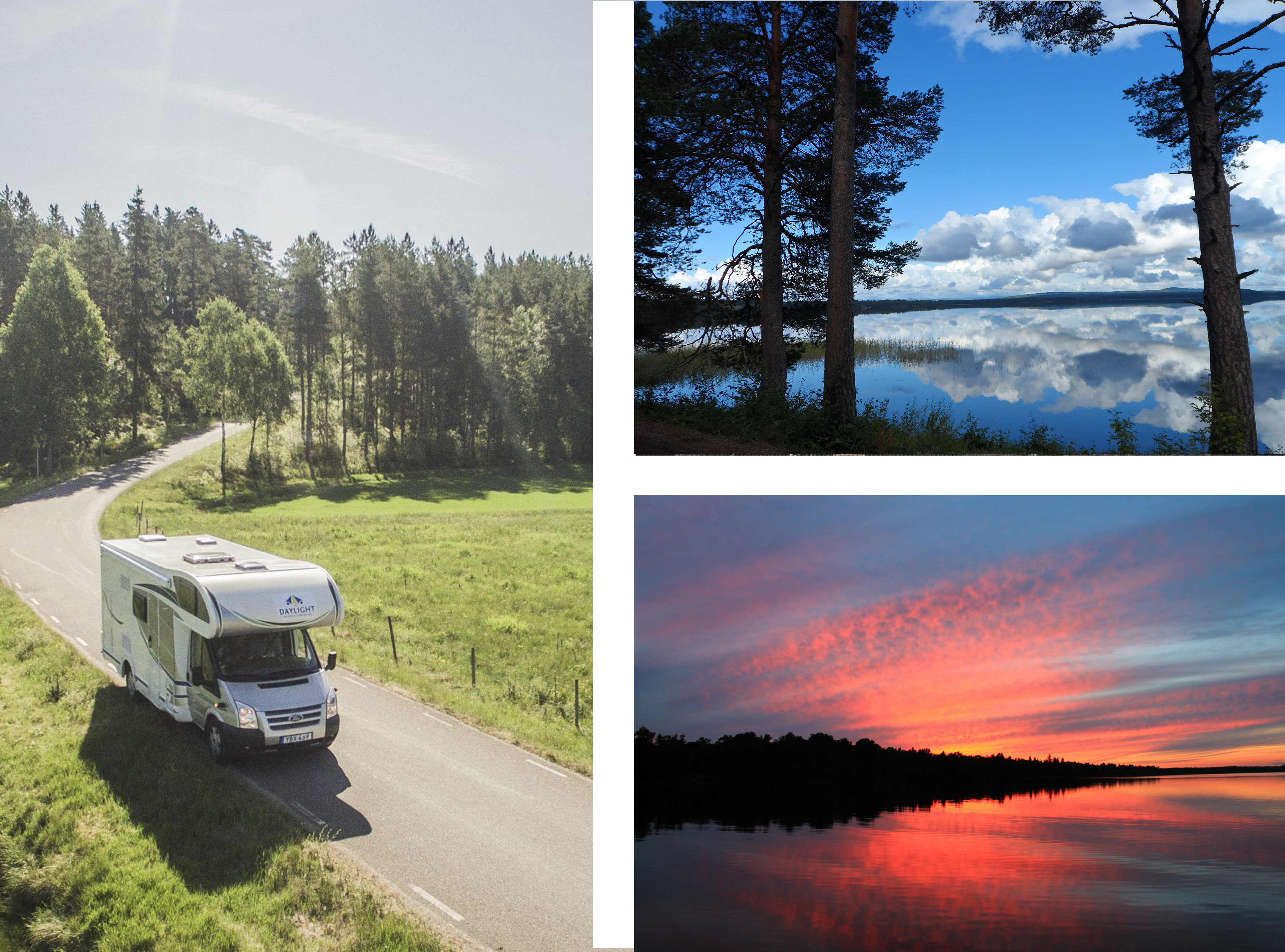Responsible travelling around Sweden and local green trips
Before we get into the meaning of Allemansrätten, do you want to responsibly travel around Sweden while experiencing as much as you can? You should visit some of our partners at GoNatureMarket. Travel to our partners and enjoy the local green resorts offering the best of Sweden.
Support their efforts to create local business life (countryside development) and their environmental work. Visitors showing interest in their farms, resorts, local and healthy food options or horticulture projects can make a big difference.
“Allemansrätten”
“Allemansrätten” (Freedom to roam/Right of public access) is a cherished Swedish institution. The meaning of Allemansrätten simply is every person’s right to access and roam, without disturbing or destroying, Swedish nature and countryside. You have the right to hike, bike and pick berries in the woodlands and forests. The Right of Public Access regulates what you can and can’t do, more is explained below.
The core meaning of Allemansrätten is “freedom”. Free to peacefully explore without obstacles or hindrance, however, there are limitations and it is important to know what is covered.
Under this right, you don’t need permission to cross private land, especially to reach a body of water, such as lakes or rivers. However, you need to ask the land owner for permission if you plan to do outdoor activities on their property.
If you head off to nature parks and forests there are rules for driving off road. For more information on The Swedish Right of Public Access please see information video from Visit Sweden.
Sweden have many national parks and nature reserves. Read more about the protected areas on the website of the individual Swedish county. There you can find information about what is allowed or not in the protected nature areas.
Outdoor cooking and making fires
During the 2018 dry summer there were fire restrictions in almost all counties and municipalities in Sweden. Some of these restrictions are still valid in some regions due to the dry grass and vegetation in the meadows and forests.
When there is s total fire ban, it also includes specially prepared barbecue areas and portable stoves designed to be used outdoors, for example Trangia and gas kitchens.
Many resorts have their own safe outdoor cooking facilities or they offer other ways to enjoy outdoor cooking life. For great food and outdoor experiences, check out local farm holiday and what they have to offer. If you are on a camping or a resort, ask the staff if it is ok to grill and which areas are safe. Have water at hand if you need to extinguish the fire.
The rescue services, however, advise against all barbecuing when there is a extreme drought. For more information please check the county you are in.
On the website krisinformation.se, the general public can get advice and updated information on occurrences and crises from local, regional and national authorities.
Rocks and meteorites – do’s and don’t’s
Meteorites are very rare and the chance of finding some in Sweden is extremely small. However, if you should find one It is important to note that the right of public access applies;
Right to public access
- Do not walk on arable land or private plots without the landowner’s permission. Do not cause damage to forest and land.
- If a meteorite lies in the ground or requires tools to take it out of the ground, the meteorite belongs to the landowner, not the finder.
- Do not expose yourself to danger – there may be hunting in the area.
Scientific value
- If you find a rock that you suspect is a meteorite, take note the site and take a photo of it in its original location, and check if the rock has the general properties of meteorites.
- Do not immerse the rock in water to determine the volume. Exposing a meteorite to water damages the interior, destroying the possibility of a scientific analysis of its contents. Send information and pictures to Eric Stempels (Eric.Stempels@physics.uu.se).
Protected flora and fauna
Before setting out in the Swedish wilderness have in mind that many of the animals, plants and trees are protected species. It is included in the meaning of Allemansrätten to not disturb or destroy nature.
Wild animals – do’s and don’t’s
First of all, read the rules and regulations regarding hunting in Sweden.
There are animals that “belong” to the state, “statens vilt“. This means that these species (see list in Swedish) should be returned to the state (via the police) if they end up in your care, are found dead or killed.
Dogs can follow you into nature, but during certain periods, when the wildlife needs to be left undisturbed, it cannot run loose in the woods and be on the ground. Also bear in mind that you must always have such supervision over the dog.
Meeting a bear
You can disturb or provoke a bear if you get too close to its food, or cubs. Other potential dangers are if you get close to its den or your dog upsetting the bear. Show that you are there as a friend and then calmly retreat. Do not shoot the bear, if injured it can be very dangerous.
Meeting a wolf
It is unusual to see a wolf. If you meet a wolf show that you are there. It will normally leave. Wolfs can kill a dog if it is perceived as a threat.




